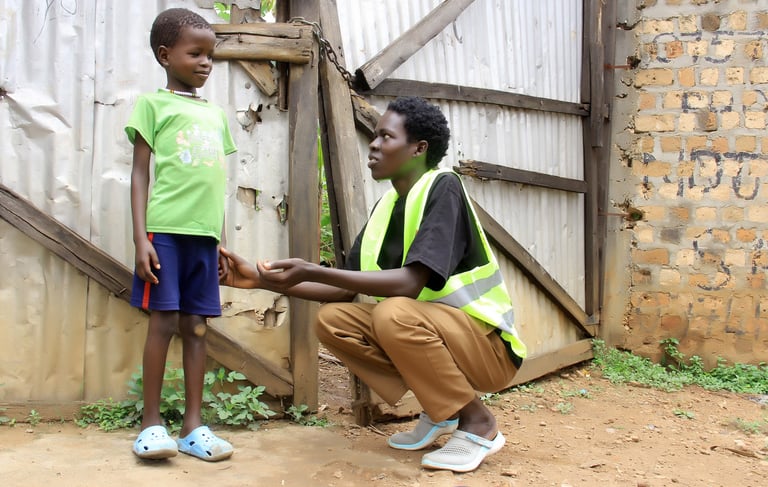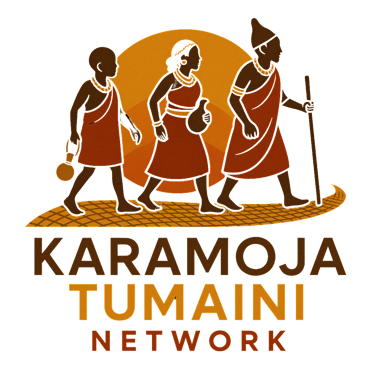At just 10 years old, Mark (name changed) carries scars of hunger and abandonment. Born during a time of famine in Karamoja, his parents endured three failed harvests before making the hardest choice of all: to leave him with an aunt in Kampala who promised to care for him. But the promise quickly turned to cruelty. Forced to beg and beaten whenever he returned with too little, Mark eventually fled, joining a group of street boys in Katwe who, like him, had nowhere else to go.
Today, Mark sleeps on flattened cardboard near a mechanic’s workshop. His meals depend on luck, sometimes a leftover chapati from a kind vendor, other times nothing at all. By day, he scours the streets for scraps of metal to sell. The noise, dirt, and danger never go away, yet amid the harshness, Mark has found a fragile kind of family. The boys he stays with share what little they have, protecting one another in a city that rarely notices them.
Still, Mark dreams of more. “I want to learn carpentry,” he says, his face lighting up as he imagines tools in his hands. “If I can make beds, maybe I’ll sleep on one someday.” His words are both heartbreaking and hopeful, a child’s vision of dignity and stability shaped by life on the streets.
For Karamoja Tumaini Network (KTN), Mark’s story represents both the tragedy and the potential of children who end up in Kampala after being driven from their homes by famine, drought, or violence. These children are not invisible statistics—they are resilient, determined, and capable of building futures if given the chance.
Supporting Mark is more than saving a boy from cardboard nights, it is investing in possibility. With care, training, and support, his dream of carpentry could one day transform his life and inspire others. Mark’s story is a reminder that even in the most difficult circumstances, every child carries a dream and the ability to achieve it with the right support.
Compiled by Richard Apuun
Mark’s dream is to build beds of his own




